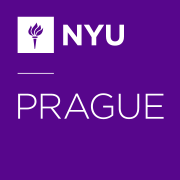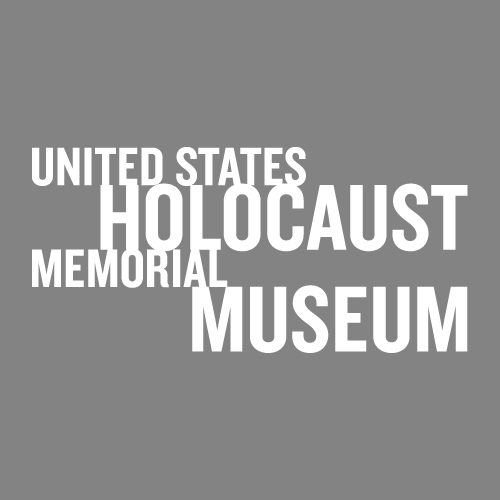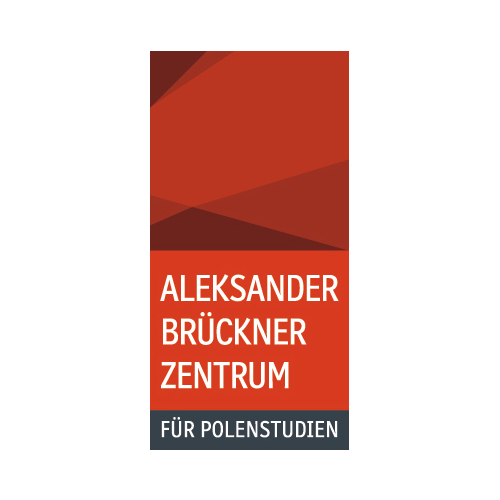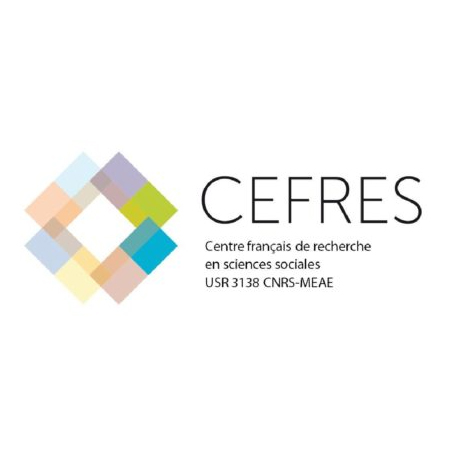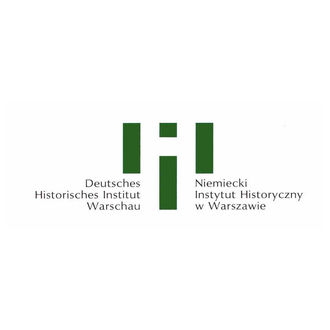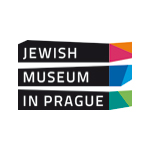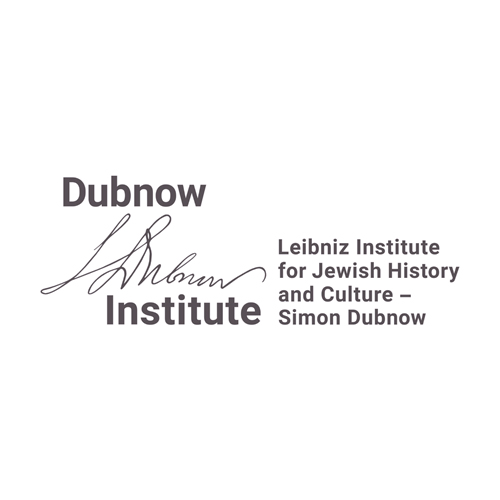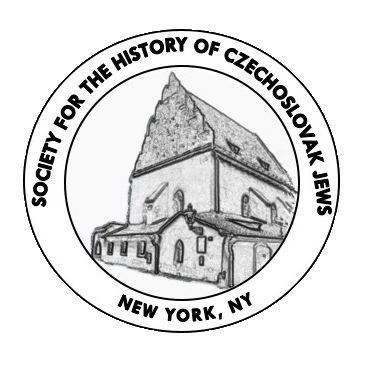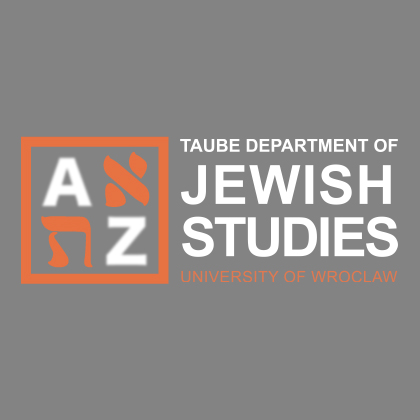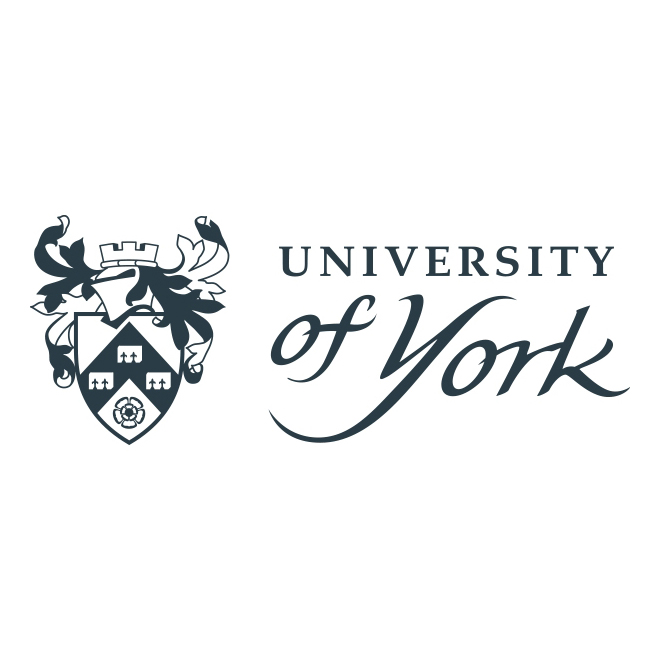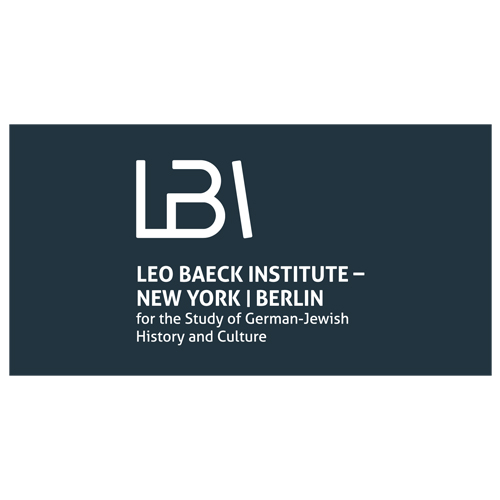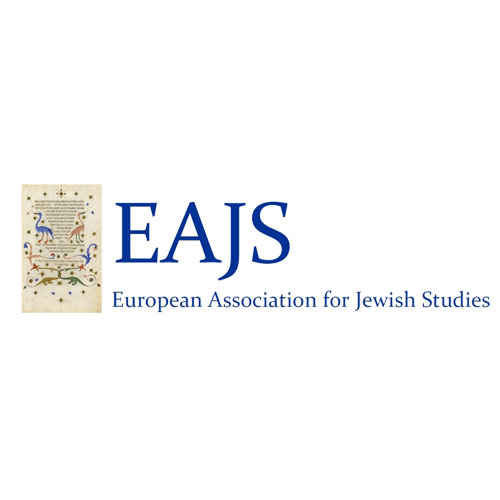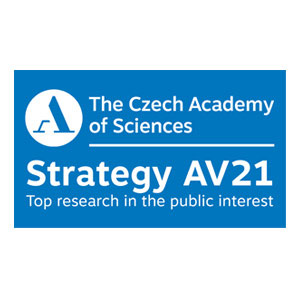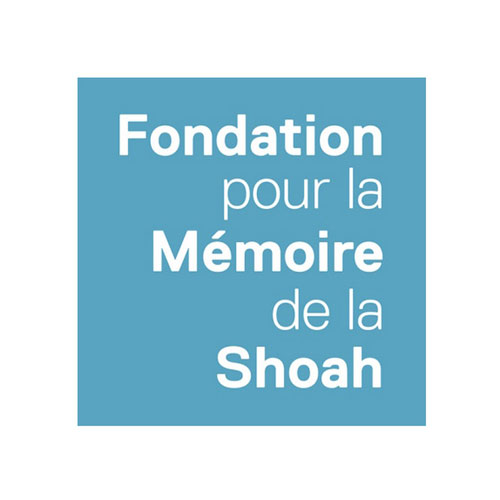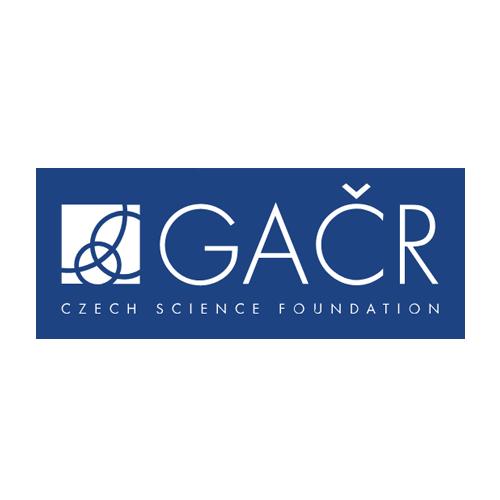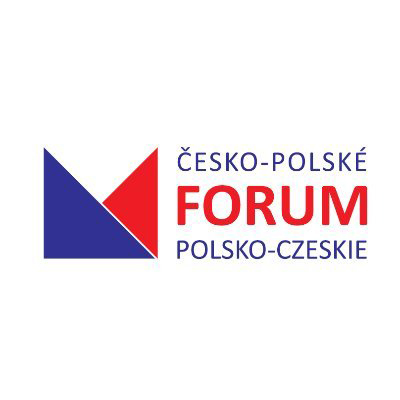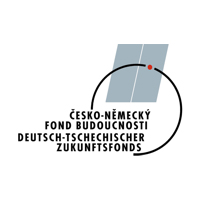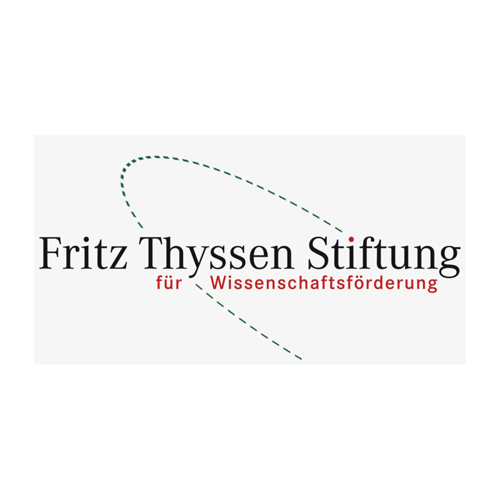Genocide, Postwar Migration, and Social Mobility: Entangled Experiences of Roma and Jews
Excellence Project, Czech Science Foundation, grant no. 19-26638X
2019–23
This research project takes advantage of the intersection of Jewish and Romani studies, Holocaust and genocide studies, and scholarship on migration and social mobility. The aim of the researchers involved in the project is to bring into a wide-ranging discussion the experiences of the Jews and the Roma of central Europe in the twentieth and twenty-first centuries. The project focuses on the territory of interwar Czechoslovakia which ended up as parts of different states during the Second World War – namely, the German Reich (including most of the Bohemian and Moravian borderlands), the Protectorate of Bohemia and Moravia, the Slovak State, and Hungary (which governed a considerable part of what had been Slovak territory and Subcarpathian Ruthenia between the wars). This division of Czechoslovakia amongst different states with a varying degree of loyalty to the Reich presents scholars today with a unique opportunity to compare wartime approaches to the two increasingly racialized communities, their local implementation and effects. For the postwar period, we shall look closely at migration within the territories of Czechoslovakia (later, as of January 1993, Slovakia and the Czech Republic) and its borderlands, as well as examining transnational networks and their impact on social dynamics in the two heterogeneous communities.
One of the key results of the project will be an edition of documents related to Jewish and Romani experiences during the Second World War in selected localities in the Protectorate of Bohemia and Moravia, the Sudetenland, the Slovak State, and the Slovak and Subcarpathian territories under Hungarian occupation. One of the preliminary theses concerning this edition of documents is that because of the far-reaching differences in the racial policies from one territory to the next, what turns out to be more important is where the Jews and the Roma were during the war, rather than whether they were Jews or Roma.
The project comprises a series of microstudies that explore the local war-time and post-war developments in selected localities, with a focus on the local Jews and Roma. The general aim is to discover possible entanglements of the local Romani and Jewish experiences, the positioning of the two groups in the changing social environments of wartime and post-war Czechoslovakia, and the legacies of mobility and migration up to the present day. Special attention is paid also to the Vlax Roma in Czechoslovakia and the migration of the Slovak Roma to Great Britain during the past twenty years.
For the project, we have assembled a highly qualified team of scholars, unusually diverse in its makeup. We propose working closely with mostly junior scholars specialized in Jewish and Romani histories, anthropology and sociology. Since we emphasize oral history combined with research in local archives, knowledge of Czech, Slovak, German, Romani, Yiddish, Hebrew, Russian, and Hungarian is of key importance for the success of the project.
Contact person
Anna Štičková
stickova@usd.cas.cz
Head of the project
Kateřina Čapková
Head of the subteam at the Faculty of Arts
Helena Sadílková
Team at the Institute of Contemporary History:
Renata Berkyová
Kateřina Čapková
László Csősz
Jan Grill
Markéta Krommelová
Michala Lônčíková
Karolína Stegurová
Anna Štičková
Michal Vlk
Team at the Faculty of Arts:
Markéta Hajská
Jan Ort
Helena Sadílková
Milada Závodská
External collaborators:
Benjamin Frommer
Ari Joskowitz
Bios of all team members:
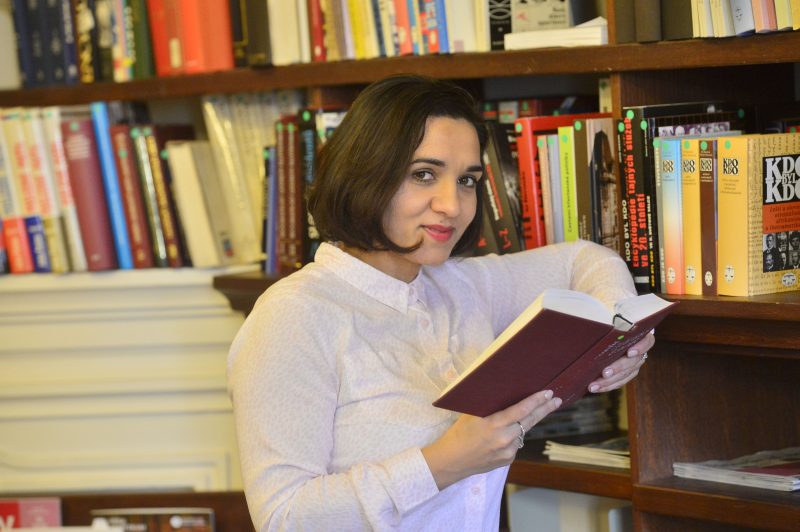 Renata Berkyová is together with Kateřina Čapková and Helena Sadílková member of the coordination team of the Prague Forum. She holds an MA degree in the Romani Studies at Charles University, Prague. Her main area of academic interest is the history of the Romani people of Czechoslovakia from the Second World War to the present. She is the co-author of a unique documentary film, LETY (2019), on the post-war history of the concentration camp for “Gypsies”, which was in the town of Lety near Písek, south Bohemia, and the documentary short Stíny romského holocaustu (Shadows of the Holocaust of the Roma, 2014). She also contributed to developing the landscape architecture competition for the new Memorial to the Holocaust of the Roma at Lety, which was held by the Museum of Romani Culture in 2019. She regularly contributes commentaries and feature articles to the Romea.cz website, to the Czech Government’s HateFree Culture project, and to Romano voďi (Romani Soul) magazine. For her poetry, Renata was awarded the Milena Hübschmannová Literature Prize in 2006.
Renata Berkyová is together with Kateřina Čapková and Helena Sadílková member of the coordination team of the Prague Forum. She holds an MA degree in the Romani Studies at Charles University, Prague. Her main area of academic interest is the history of the Romani people of Czechoslovakia from the Second World War to the present. She is the co-author of a unique documentary film, LETY (2019), on the post-war history of the concentration camp for “Gypsies”, which was in the town of Lety near Písek, south Bohemia, and the documentary short Stíny romského holocaustu (Shadows of the Holocaust of the Roma, 2014). She also contributed to developing the landscape architecture competition for the new Memorial to the Holocaust of the Roma at Lety, which was held by the Museum of Romani Culture in 2019. She regularly contributes commentaries and feature articles to the Romea.cz website, to the Czech Government’s HateFree Culture project, and to Romano voďi (Romani Soul) magazine. For her poetry, Renata was awarded the Milena Hübschmannová Literature Prize in 2006.
 Kateřina Čapková is a senior researcher at the Institute of Contemporary History, Prague, and teaches at Charles University and at NYU in Prague. In 2016 she established the Prague Forum for Romani Histories. She is currently studying a BA program in Romani Studies. Her book, Czechs, Germans, Jews? National Identity and the Jews of Bohemia (2012; in Czech, in 2005 and 2014) received the Outstanding Academic Title of 2012 from Choice magazine. With Michal Frankl, she co-authored Unsichere Zuflucht (2012; in Czech, in 2008), a book about refugees from Nazi Germany and Austria to Czechoslovakia. With Hillel J. Kieval she is co-editor of Prague and Beyond: Jews in the Bohemian Lands (forthcoming in English, German, Hebrew, and Czech), a collective monograph on the history of Jews in the Bohemian lands from the early modern period up to present times. She is also co-editor of Jewish and Romani Families in the Holocaust and its Aftermath (with Eliyana Adler, 2020) and Jewish Lives under Communism (with Kamil Kijek and Stephan Stach, forthcoming).
Kateřina Čapková is a senior researcher at the Institute of Contemporary History, Prague, and teaches at Charles University and at NYU in Prague. In 2016 she established the Prague Forum for Romani Histories. She is currently studying a BA program in Romani Studies. Her book, Czechs, Germans, Jews? National Identity and the Jews of Bohemia (2012; in Czech, in 2005 and 2014) received the Outstanding Academic Title of 2012 from Choice magazine. With Michal Frankl, she co-authored Unsichere Zuflucht (2012; in Czech, in 2008), a book about refugees from Nazi Germany and Austria to Czechoslovakia. With Hillel J. Kieval she is co-editor of Prague and Beyond: Jews in the Bohemian Lands (forthcoming in English, German, Hebrew, and Czech), a collective monograph on the history of Jews in the Bohemian lands from the early modern period up to present times. She is also co-editor of Jewish and Romani Families in the Holocaust and its Aftermath (with Eliyana Adler, 2020) and Jewish Lives under Communism (with Kamil Kijek and Stephan Stach, forthcoming).
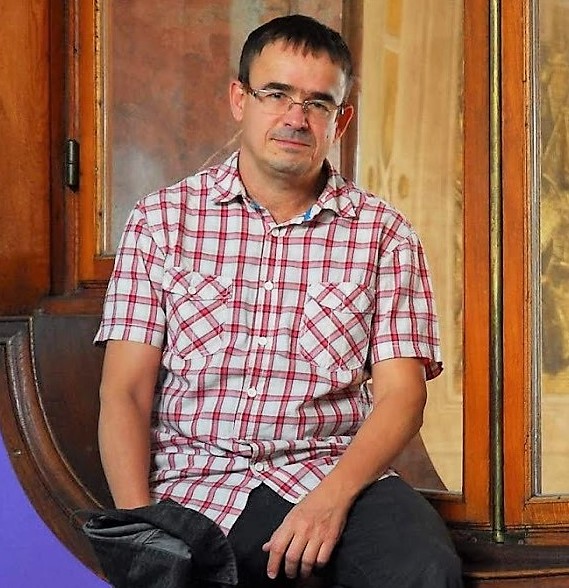 László Csősz is a historian and senior archivist at the National Archives of Hungary in Budapest. His main fields of research interest are Jewish social history, the history of antisemitic social and economic policies, and the Holocaust in Hungary. He participated in various archival projects, including the Yerusha project and the research group of the Yad Vashem that explored the sources of the Holocaust and the Roma genocide in Hungary. He has been a national expert delegate and a member of the Committee for the Genocide of the Roma at the International Holocaust Remembrance Alliance since 2011 and a contributor to the European Holocaust Research Infrastructure project since 2010. His latest major publications include 34 entries in Randolph L. Braham’s National Jewish Book Award-winning Geographical Encyclopedia of the Holocaust in Hungary (Evanston, Ill., 2013), The Holocaust in Hungary: Evolution of a Genocide (Lanham, 2013, with Gábor Kádár and Zoltán Vági), Konfliktusok és kölcsönhatások. Zsidók Jász-Nagykun-Szolnok megye történelmében(Szolnok, 2014), and The Origins of the Military Labor Service System in Hungary in The Holocaust in Hungary: Seventy Years Later. Eds. Randolph L. Braham–András Kovács. Budapest–New York, 2016, 75-103
László Csősz is a historian and senior archivist at the National Archives of Hungary in Budapest. His main fields of research interest are Jewish social history, the history of antisemitic social and economic policies, and the Holocaust in Hungary. He participated in various archival projects, including the Yerusha project and the research group of the Yad Vashem that explored the sources of the Holocaust and the Roma genocide in Hungary. He has been a national expert delegate and a member of the Committee for the Genocide of the Roma at the International Holocaust Remembrance Alliance since 2011 and a contributor to the European Holocaust Research Infrastructure project since 2010. His latest major publications include 34 entries in Randolph L. Braham’s National Jewish Book Award-winning Geographical Encyclopedia of the Holocaust in Hungary (Evanston, Ill., 2013), The Holocaust in Hungary: Evolution of a Genocide (Lanham, 2013, with Gábor Kádár and Zoltán Vági), Konfliktusok és kölcsönhatások. Zsidók Jász-Nagykun-Szolnok megye történelmében(Szolnok, 2014), and The Origins of the Military Labor Service System in Hungary in The Holocaust in Hungary: Seventy Years Later. Eds. Randolph L. Braham–András Kovács. Budapest–New York, 2016, 75-103
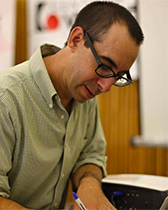 Benjamin Frommer (Ph.D., Harvard, 1999), Associate Professor of History, is the author of National Cleansing: Retribution against Nazi Collaborators in Postwar Czechoslovakia (New York: Cambridge University Press, 2005), which was also published in Czech translation (Prague: Academia, 2010), and co-editor of Intermarriage from Central Europe to Central Asia: Mixed Families in the Age of Extremes (Lincoln: University of Nebraska Press, 2020). His current book project, The Ghetto without Walls: The Identification, Isolation, and Elimination of Bohemian and Moravian Jewry, 1938-1945, examines the wartime destruction of one of the world’s most integrated and intermarried Jewish communities. At Northwestern Frommer has served as the History Department Director of Graduate Studies (2005-2008), the Director of the European Studies Major (2006-2009), and the inaugural Director of the Holocaust Educational Foundation (2013-2016).
Benjamin Frommer (Ph.D., Harvard, 1999), Associate Professor of History, is the author of National Cleansing: Retribution against Nazi Collaborators in Postwar Czechoslovakia (New York: Cambridge University Press, 2005), which was also published in Czech translation (Prague: Academia, 2010), and co-editor of Intermarriage from Central Europe to Central Asia: Mixed Families in the Age of Extremes (Lincoln: University of Nebraska Press, 2020). His current book project, The Ghetto without Walls: The Identification, Isolation, and Elimination of Bohemian and Moravian Jewry, 1938-1945, examines the wartime destruction of one of the world’s most integrated and intermarried Jewish communities. At Northwestern Frommer has served as the History Department Director of Graduate Studies (2005-2008), the Director of the European Studies Major (2006-2009), and the inaugural Director of the Holocaust Educational Foundation (2013-2016).
 Jan Grill is a social anthropologist and currently works as Assistant Professor of Sociology at the University of Valle, Colombia. He is also a Research Associate at the Department of Social Anthropology at the University of Manchester. He has conducted extensive ethnographic research among Slovak, Czech, and Hungarian Roma/Gypsy groups, exploring issues related to different forms of migration from Central Eastern Europe to the United Kingdom and Canada. He has also carried out research on uneven mobilities in the city of Cali, Colombia. His central research interests are migration, mobilities, ethnicity, racialization, marginality, labour, and the ethnography of the state. He was awarded and held a prestigious Work Fellowship at IGK Work and Human Life Cycle in Global History at Humboldt University in Berlin and ERSTE Foundation Fellowship for Social Research. His recent publications include: ‘Re-learning to labour? ‘Activation Works’ Activation Works’ and new politics of social assistance in the case of Slovak Roma’, Journal of Royal Anthropological Institute (2018); ‘“In England, they don’t call you black!” Migrating racialisations and the production of Roma difference across Europe’, Journal of Ethnic and Migration Studies (2018); and ‘Struggles for the folk: politics of culture in Czechoslovak ethnography, 1940s-1950s’, History and Anthropology (2015); and ‘Historické premeny štruktúry medzikultúrnych vzťahov. Formy spolužitia v prípade Tarkoviec na východnom Slovensku‘ in Čierno-biele svety. Rómovia v majoritnej spoločnosti na Slovensku (2015).
Jan Grill is a social anthropologist and currently works as Assistant Professor of Sociology at the University of Valle, Colombia. He is also a Research Associate at the Department of Social Anthropology at the University of Manchester. He has conducted extensive ethnographic research among Slovak, Czech, and Hungarian Roma/Gypsy groups, exploring issues related to different forms of migration from Central Eastern Europe to the United Kingdom and Canada. He has also carried out research on uneven mobilities in the city of Cali, Colombia. His central research interests are migration, mobilities, ethnicity, racialization, marginality, labour, and the ethnography of the state. He was awarded and held a prestigious Work Fellowship at IGK Work and Human Life Cycle in Global History at Humboldt University in Berlin and ERSTE Foundation Fellowship for Social Research. His recent publications include: ‘Re-learning to labour? ‘Activation Works’ Activation Works’ and new politics of social assistance in the case of Slovak Roma’, Journal of Royal Anthropological Institute (2018); ‘“In England, they don’t call you black!” Migrating racialisations and the production of Roma difference across Europe’, Journal of Ethnic and Migration Studies (2018); and ‘Struggles for the folk: politics of culture in Czechoslovak ethnography, 1940s-1950s’, History and Anthropology (2015); and ‘Historické premeny štruktúry medzikultúrnych vzťahov. Formy spolužitia v prípade Tarkoviec na východnom Slovensku‘ in Čierno-biele svety. Rómovia v majoritnej spoločnosti na Slovensku (2015).
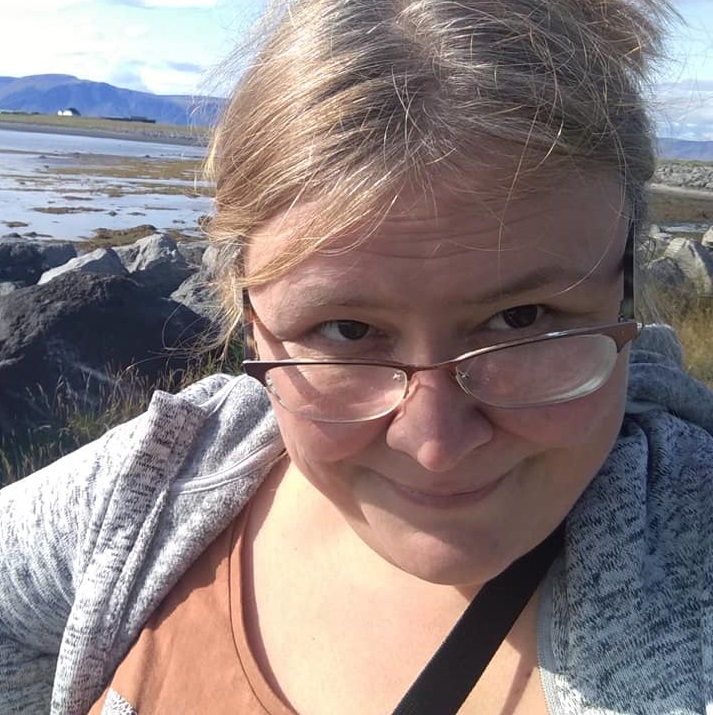 Markéta Hajská earned her PhD at the Institute of Ethnology, Faculty of Arts, Charles University. Her research focuses on the history of Vlach Roma in Czechoslovakia, Romani migration, intra/interethnic contacts, and Vlach Romani. Since 2014, she is a Research Assistant and Lecturer at the Seminar of Romani Studies, Charles University. Since 2019, she has been an investigator of the project “Genocide, Postwar Migration and Social Mobility: Entangled Experiences of Roma and Jews”, where she focuses on the history of Vlach Roma in Czechoslovakia in pre-war and port-war period. She has extensive experience in research inside Romani communities in the Czech Republic, Slovakia, and abroad (Great Britain and France). She managed several Roma-focused research projects, e.g. linguistic (Vlach Romani Dictionary; 2016, Enlargement of Vlach Romani Dictionary; 2017; oral historical (Voices of Vulnerable Children; 2015-2017; Negotiated Stories; 2008-2010). She is fluent in Vlach and North-Central Romani. Selected publications: Hajská, M. The presentation of social status on a social network: The role of Facebook among the Vlax Romani community of Eastern-Slovak origin in Leicester, UK. In: Romani Studies 5, Vol. 29, No. 2 (2019), 123–58; Hajská, M. Economic strategies and migratory trajectories of Vlach Roma from Eastern Slovakia to Leicester, UK. Slovenský národopis 65 (2017), No. 4, 357-382; Hajská ,M. 2016. „Polokočovníci“ / Migrační trajektorie olašských Romů na Prešovsku od poloviny 19. století až do zániku kočování, in: Romano džaniben, 2016, roč. 23, č. 2, s. 7–38. Hajská, M. Gažikanes vaj romanes? Jazykové postoje olašských Romů jedné východoslovenské komunity ke třem místně užívaným jazykům. In: Podolinská, Tatiana and Tomáš Hrustič (eds.) Čierno-biele svety. Rómovia v majoritnej spoločnosti na Slovensku. Bratislava, 335-361; Elšík, V., Hajská, M., Ort, J. Slovník olašské romštiny (2018).
Markéta Hajská earned her PhD at the Institute of Ethnology, Faculty of Arts, Charles University. Her research focuses on the history of Vlach Roma in Czechoslovakia, Romani migration, intra/interethnic contacts, and Vlach Romani. Since 2014, she is a Research Assistant and Lecturer at the Seminar of Romani Studies, Charles University. Since 2019, she has been an investigator of the project “Genocide, Postwar Migration and Social Mobility: Entangled Experiences of Roma and Jews”, where she focuses on the history of Vlach Roma in Czechoslovakia in pre-war and port-war period. She has extensive experience in research inside Romani communities in the Czech Republic, Slovakia, and abroad (Great Britain and France). She managed several Roma-focused research projects, e.g. linguistic (Vlach Romani Dictionary; 2016, Enlargement of Vlach Romani Dictionary; 2017; oral historical (Voices of Vulnerable Children; 2015-2017; Negotiated Stories; 2008-2010). She is fluent in Vlach and North-Central Romani. Selected publications: Hajská, M. The presentation of social status on a social network: The role of Facebook among the Vlax Romani community of Eastern-Slovak origin in Leicester, UK. In: Romani Studies 5, Vol. 29, No. 2 (2019), 123–58; Hajská, M. Economic strategies and migratory trajectories of Vlach Roma from Eastern Slovakia to Leicester, UK. Slovenský národopis 65 (2017), No. 4, 357-382; Hajská ,M. 2016. „Polokočovníci“ / Migrační trajektorie olašských Romů na Prešovsku od poloviny 19. století až do zániku kočování, in: Romano džaniben, 2016, roč. 23, č. 2, s. 7–38. Hajská, M. Gažikanes vaj romanes? Jazykové postoje olašských Romů jedné východoslovenské komunity ke třem místně užívaným jazykům. In: Podolinská, Tatiana and Tomáš Hrustič (eds.) Čierno-biele svety. Rómovia v majoritnej spoločnosti na Slovensku. Bratislava, 335-361; Elšík, V., Hajská, M., Ort, J. Slovník olašské romštiny (2018).
 Ari Joskowicz is Associate Professor of Jewish Studies, European Studies, and History and Director of the Max Kade Center for European and German Studies at Vanderbilt University. He is a historian of modern European and Jewish history with a special interest in questions of comparative minority politics since the Enlightenment. His publications include The Modernity of Others: Jewish Anti-Catholicism in Germany and France (Stanford University Press, 2014), ‘Romani Refugees and the Postwar Order’ (Journal of Contemporary History, 2016) and ‘Separate Suffering, Shared Archives: Jewish and Romani Histories of Nazi Persecution’ (History & Memory, 2016). He is currently working on a book, entitled Jews and Roma in the Shadow of Genocide, which traces the relations between Roma and Jews during and since the Holocaust.
Ari Joskowicz is Associate Professor of Jewish Studies, European Studies, and History and Director of the Max Kade Center for European and German Studies at Vanderbilt University. He is a historian of modern European and Jewish history with a special interest in questions of comparative minority politics since the Enlightenment. His publications include The Modernity of Others: Jewish Anti-Catholicism in Germany and France (Stanford University Press, 2014), ‘Romani Refugees and the Postwar Order’ (Journal of Contemporary History, 2016) and ‘Separate Suffering, Shared Archives: Jewish and Romani Histories of Nazi Persecution’ (History & Memory, 2016). He is currently working on a book, entitled Jews and Roma in the Shadow of Genocide, which traces the relations between Roma and Jews during and since the Holocaust.
 Markéta Krommelová studied anthropology at Charles University, Prague. She has been working for Nová škola, o.p.s., a non-profit organization, as an administrator of projects for inclusion and informal education. She also worked with the Terezín Initiative Institute and the Jewish Museum in Prague, cataloguing digitized archival documents related to Shoah victims as well as editing a collection of interviews with Shoah survivors. Since 2018 she has been working with the Institute of Contemporary History, Prague. Currently she is involved in the project ‘Genocide, Post-war Migration and Social Mobility: Entangled Experiences of Roma and Jews’.
Markéta Krommelová studied anthropology at Charles University, Prague. She has been working for Nová škola, o.p.s., a non-profit organization, as an administrator of projects for inclusion and informal education. She also worked with the Terezín Initiative Institute and the Jewish Museum in Prague, cataloguing digitized archival documents related to Shoah victims as well as editing a collection of interviews with Shoah survivors. Since 2018 she has been working with the Institute of Contemporary History, Prague. Currently she is involved in the project ‘Genocide, Post-war Migration and Social Mobility: Entangled Experiences of Roma and Jews’.
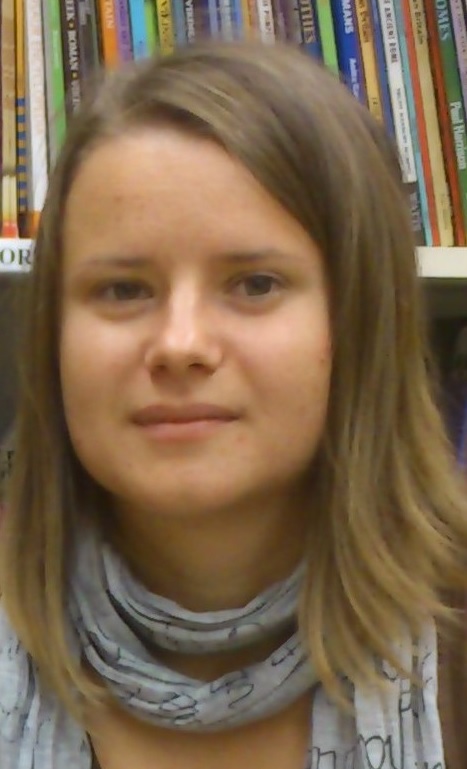 Michala Lônčíková has been a PhD student at the Faculty of Arts there. Her PhD thesis is dedicated to antisemitic policy in Nazi satellites, especially to the phenomenon of antisemitic propaganda in Slovakia and Croatia. She participated in the international comparative project on Post-WWII Antisemitic Pogroms in East and East Central Europe: Collective Violence and Popular Culture (Gerda Henkel Stiftung, 2015 – 2018). She was working as a historian at the Holocaust Documentation Center in Bratislava up to 2020 and has been a researcher in the European Holocaust Research Infrastructure (EHRI) project. Selected publications: With Eduard Nižňanský, Dejiny židovskej komunity v Banskej Bystrici. Banská Bystrica, 2016; “Coming back home? Anti-Jewish Violence in Slovakia after the Holocaust“, in Wolfgang Benz, Brigitte Mihok (eds), „Juden unerwünscht“. Anfeindungen und Ausschreitungen nach dem Holocaust. Berlin: Metropol Verlag, 2016, 191-212; “Was the antisemitic propaganda a catalyst for tensions in the Slovak-Jewish relations?”, in: Hana Kubátová, Jan Láníček (eds), Jews and Gentiles in Central and Eastern Central Europe during the Holocaust, London: Routledge, 2018, 76-98; Atrocities in the borderland: anti-Semitic violence in eastern Slovakia (1945–1946). In Review of European History: Revue européenne d’histoire, 2019, Vol. 26, No. 6, pp. 928-946.
Michala Lônčíková has been a PhD student at the Faculty of Arts there. Her PhD thesis is dedicated to antisemitic policy in Nazi satellites, especially to the phenomenon of antisemitic propaganda in Slovakia and Croatia. She participated in the international comparative project on Post-WWII Antisemitic Pogroms in East and East Central Europe: Collective Violence and Popular Culture (Gerda Henkel Stiftung, 2015 – 2018). She was working as a historian at the Holocaust Documentation Center in Bratislava up to 2020 and has been a researcher in the European Holocaust Research Infrastructure (EHRI) project. Selected publications: With Eduard Nižňanský, Dejiny židovskej komunity v Banskej Bystrici. Banská Bystrica, 2016; “Coming back home? Anti-Jewish Violence in Slovakia after the Holocaust“, in Wolfgang Benz, Brigitte Mihok (eds), „Juden unerwünscht“. Anfeindungen und Ausschreitungen nach dem Holocaust. Berlin: Metropol Verlag, 2016, 191-212; “Was the antisemitic propaganda a catalyst for tensions in the Slovak-Jewish relations?”, in: Hana Kubátová, Jan Láníček (eds), Jews and Gentiles in Central and Eastern Central Europe during the Holocaust, London: Routledge, 2018, 76-98; Atrocities in the borderland: anti-Semitic violence in eastern Slovakia (1945–1946). In Review of European History: Revue européenne d’histoire, 2019, Vol. 26, No. 6, pp. 928-946.
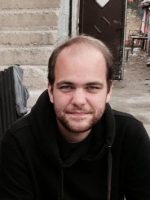 Jan Ort is a PhD candidate at the Faculty of Arts, Charles University, with the support of the Max Planck Institute in Halle (Visegrad Anthropologists’ Network). His research focuses on inter-ethnic relations, policies toward Romani settlements, and mobilities. His PhD thesis (co-supervised by Sadílková and Grill) concerns Czechoslovak state policy of “controlled dispersal” of Romani settlements during the late 1960s, its negotiation at different levels of the state administration and implementation in the local context. He holds an MA degree in Romani studies (Charles University, 2017). His MA thesis on mobilities of Roma in the context of local relations in Slovakia, based on stationary ethnographic fieldwork (10/2014 – 7/2015), was awarded by the Czech Association of Social Anthropology as the best anthropological Master’s thesis (2017). He participated in several research projects, i.e. on the post-war migration of the Roma to Prague, in the research project “Migration of the Roma from the Czech and Slovak Republics to the United Kingdom and Canada” (GACR, 2015–2017), and in other linguistic and anthropological research projects – dialectological surveys on North-Central Romani (2011 – 2013) and Vlax Romani (2016 – 2017), research on the securitization of the Roma in the CR (2015). Jan Ort is fluent in North-Central Romani. Selected publications:
Jan Ort is a PhD candidate at the Faculty of Arts, Charles University, with the support of the Max Planck Institute in Halle (Visegrad Anthropologists’ Network). His research focuses on inter-ethnic relations, policies toward Romani settlements, and mobilities. His PhD thesis (co-supervised by Sadílková and Grill) concerns Czechoslovak state policy of “controlled dispersal” of Romani settlements during the late 1960s, its negotiation at different levels of the state administration and implementation in the local context. He holds an MA degree in Romani studies (Charles University, 2017). His MA thesis on mobilities of Roma in the context of local relations in Slovakia, based on stationary ethnographic fieldwork (10/2014 – 7/2015), was awarded by the Czech Association of Social Anthropology as the best anthropological Master’s thesis (2017). He participated in several research projects, i.e. on the post-war migration of the Roma to Prague, in the research project “Migration of the Roma from the Czech and Slovak Republics to the United Kingdom and Canada” (GACR, 2015–2017), and in other linguistic and anthropological research projects – dialectological surveys on North-Central Romani (2011 – 2013) and Vlax Romani (2016 – 2017), research on the securitization of the Roma in the CR (2015). Jan Ort is fluent in North-Central Romani. Selected publications:
Ort, J; Dobruská, P. 2018. Kontinuity a diskontinuity v transnacionálním sociálním poli na příkladu margovanských Romů. Český lid 105 (2), 131-158; Ort, J. 2016. Migrace z východoslovenské vesnice: Historický přehled a současné strategie. Romano džaniben 23 (2), 39-69; Elšík, V., Hajská, M., Ort, J. Slovník olašské romštiny (2018).
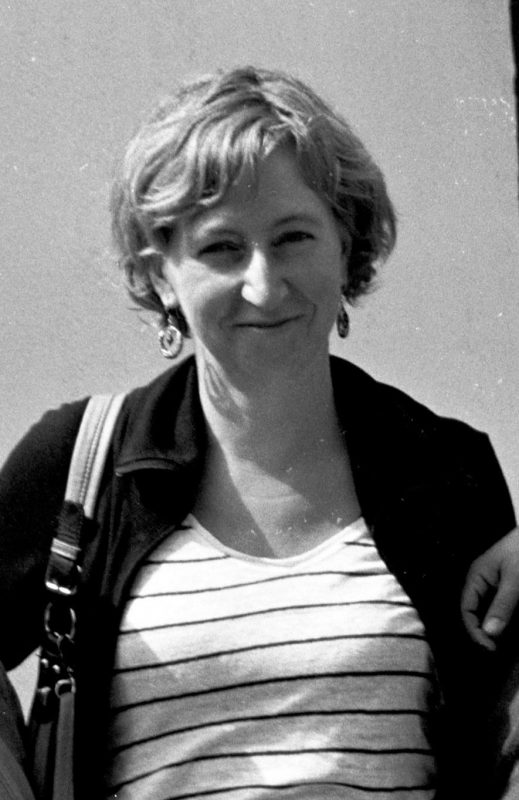 Helena Sadílková is head of the Seminar of Romani Studies (Department of Central-European Studies, Charles University, Prague), where she teaches Romani language and history. Her major research interests are the postwar history of the Roma in Czechoslovakia, focusing on the interaction among members of local Romani communities and the local non-Romani population, including the local authorities. She also works in the field of applied linguistics. She is coeditor-in-chief of the Czech Romani studies journal, Romano džaniben (Prague). Selected publications: Sadílková, H., Slačka, D., Zábodská, M. (eds). 2018. Aby bylo i s námi počítáno. Společensko-politická angažovanost Romů a snahy o založení romské organizace v poválečném Československu [So That You Count on Us Too. Politico-Social Engagement of Roma and Their Efforts to Establish a Romani Organization in Postwar Czechoslovakia]. Brno: Muzeum romské kultury; Sadílková, H., 2019. A Thrown Gauntlet Josef Serinek and Jan Tesař as a Challenge for Current Research into the History of the Roma in the 20th Century. Czech Journal of Contemporary History, 2019: 173-187; Sadílková, H. 2018. Váhy historického poznání. Úvod k číslu věnovanému historii Romů v českých zemích v první polovině 20. století. Romano džaniben 2018 (25), 1: 5-18; Resettling the settlement. From recent history of a Romani settlement in south-eastern Slovakia. In: Kozhanov, K., Halwachs, D. W., Oslon M. (eds.) Das amen godi pala Lev Čerenkov. Romani historija, čhib taj kultura. Graz, Karl-Franzes Universität, 339-352.
Helena Sadílková is head of the Seminar of Romani Studies (Department of Central-European Studies, Charles University, Prague), where she teaches Romani language and history. Her major research interests are the postwar history of the Roma in Czechoslovakia, focusing on the interaction among members of local Romani communities and the local non-Romani population, including the local authorities. She also works in the field of applied linguistics. She is coeditor-in-chief of the Czech Romani studies journal, Romano džaniben (Prague). Selected publications: Sadílková, H., Slačka, D., Zábodská, M. (eds). 2018. Aby bylo i s námi počítáno. Společensko-politická angažovanost Romů a snahy o založení romské organizace v poválečném Československu [So That You Count on Us Too. Politico-Social Engagement of Roma and Their Efforts to Establish a Romani Organization in Postwar Czechoslovakia]. Brno: Muzeum romské kultury; Sadílková, H., 2019. A Thrown Gauntlet Josef Serinek and Jan Tesař as a Challenge for Current Research into the History of the Roma in the 20th Century. Czech Journal of Contemporary History, 2019: 173-187; Sadílková, H. 2018. Váhy historického poznání. Úvod k číslu věnovanému historii Romů v českých zemích v první polovině 20. století. Romano džaniben 2018 (25), 1: 5-18; Resettling the settlement. From recent history of a Romani settlement in south-eastern Slovakia. In: Kozhanov, K., Halwachs, D. W., Oslon M. (eds.) Das amen godi pala Lev Čerenkov. Romani historija, čhib taj kultura. Graz, Karl-Franzes Universität, 339-352.
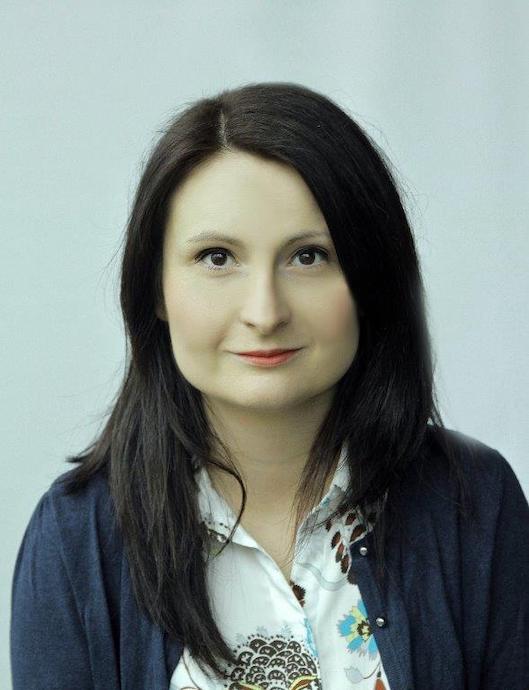 Karolina Stegurová completed her PhD in history at Charles University in June 2019 with a thesis on Czechoslovak women serving in the British ATS and WAAF auxiliary forces. She also focuses on topics related to anti-Nazi resistance. Since 2020 she has been working for the Institute for Contemporary History of the Czech Academy of Sciences where she has been part of a group for inclusive history cooperating on the Genocide, Post-war Migration and Social Mobility: Entangled Experiences of Roma and Jews project (excellence grant of the Grant Agency of the Czech Republic). Her book I ženy chtěly bojovat! Československé ženy v britských armádních pomocných sborech ATS a WAAF za druhé světové války (Women Wanted to Fight too! Czechoslovak Women in British Auxiliary ATS and WAAF during World War II) is being prepared for publication in the Academia publishing house.
Karolina Stegurová completed her PhD in history at Charles University in June 2019 with a thesis on Czechoslovak women serving in the British ATS and WAAF auxiliary forces. She also focuses on topics related to anti-Nazi resistance. Since 2020 she has been working for the Institute for Contemporary History of the Czech Academy of Sciences where she has been part of a group for inclusive history cooperating on the Genocide, Post-war Migration and Social Mobility: Entangled Experiences of Roma and Jews project (excellence grant of the Grant Agency of the Czech Republic). Her book I ženy chtěly bojovat! Československé ženy v britských armádních pomocných sborech ATS a WAAF za druhé světové války (Women Wanted to Fight too! Czechoslovak Women in British Auxiliary ATS and WAAF during World War II) is being prepared for publication in the Academia publishing house.
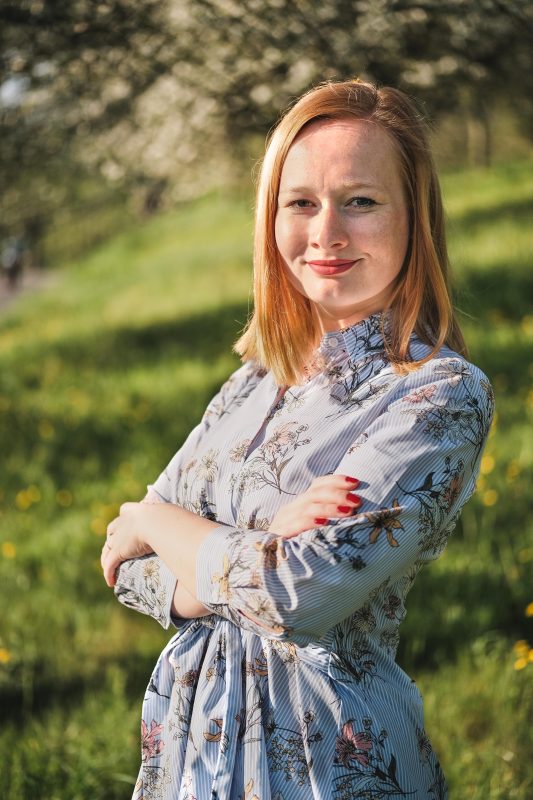 Anna Štičková is in the Master’s programme of Arts Management at Masaryk University, Brno. Previously, while doing her Bachelor’s degree in literature, she worked as a journalist at Česká televize, and in the Dobrá čeština (Good Czech) group, and also on Operational Programmes for Research, Development, and Education at the Academy of Performing Arts, Prague. Formerly employed at the Nová beseda publishing house, she is currently working with the Institute of Czech Literature on its Czech classics series and an edition of the correspondence of Jakub Deml. Anna has been involved in the production of dozens of arts and culture events. In early 2020 she helped to found Knihex, a platform to aid small publishers on the book market. In addition, she has published two collections of her own verse – Nejsi ze Sudet? (Are you not from the Sudetenland?, 2019) and Nádech výdech (Breathe in, breath out, 2015). Since 2019 she has been helping to organize and promote the events of the working group for inclusive history at the Institute of Contemporary History, Prague.
Anna Štičková is in the Master’s programme of Arts Management at Masaryk University, Brno. Previously, while doing her Bachelor’s degree in literature, she worked as a journalist at Česká televize, and in the Dobrá čeština (Good Czech) group, and also on Operational Programmes for Research, Development, and Education at the Academy of Performing Arts, Prague. Formerly employed at the Nová beseda publishing house, she is currently working with the Institute of Czech Literature on its Czech classics series and an edition of the correspondence of Jakub Deml. Anna has been involved in the production of dozens of arts and culture events. In early 2020 she helped to found Knihex, a platform to aid small publishers on the book market. In addition, she has published two collections of her own verse – Nejsi ze Sudet? (Are you not from the Sudetenland?, 2019) and Nádech výdech (Breathe in, breath out, 2015). Since 2019 she has been helping to organize and promote the events of the working group for inclusive history at the Institute of Contemporary History, Prague.
 Lada Viková is a lecturer in the Department of Social and Cultural Anthropology at the University of Pardubice and a member of the editorial board of Romano Džaniben. She has worked as a copy-editor of works written in the Romani language, including Po Židoch Cigáni, vol. I. Since 2014 she has been working on her PhD, ‘The Process of Roma Integration in the Czech Republic’, at Charles University, Prague. Her recent publications include, as co-author with Milada Závodská, ‘Dokumentace genocidy
Lada Viková is a lecturer in the Department of Social and Cultural Anthropology at the University of Pardubice and a member of the editorial board of Romano Džaniben. She has worked as a copy-editor of works written in the Romani language, including Po Židoch Cigáni, vol. I. Since 2014 she has been working on her PhD, ‘The Process of Roma Integration in the Czech Republic’, at Charles University, Prague. Her recent publications include, as co-author with Milada Závodská, ‘Dokumentace genocidy
Romů za 2. světové války v Československu – nálezová zpráva: diskontinuita a kontinuita odhalování historie Romů po roce 1946’, Romano džaniben 2014/2, and an article on Romani members of the Czecho-Slovak legions during the First World War, published in Romano džaniben, 2018. In our project Lada, together with Helena Sadílková, is preparing the second volume of Po Židoch Cigáni, which will include interviews with Slovak Roma related to the Second World War, conducted by Milena Hübschmannová and her colleagues.
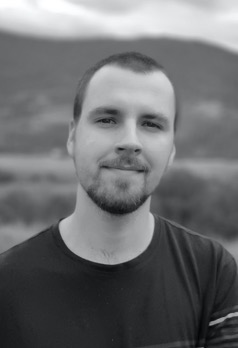 Michal Vlk has a degree in Hebrew Studies from Charles University. While at Charles University he participated in study and research programs at Tel Aviv University and Hebrew University in Jerusalem. His research interests include modern Jewish history and contemporary Israeli literature and culture. Since 2019 he has been working at Institute for Contemporary History on the project ‘Genocide, Post-war Migration and Social Mobility: Entangled Experiences of Roma and Jews’.
Michal Vlk has a degree in Hebrew Studies from Charles University. While at Charles University he participated in study and research programs at Tel Aviv University and Hebrew University in Jerusalem. His research interests include modern Jewish history and contemporary Israeli literature and culture. Since 2019 he has been working at Institute for Contemporary History on the project ‘Genocide, Post-war Migration and Social Mobility: Entangled Experiences of Roma and Jews’.
 Milada Závodská is a historian. From 2000 to 2007 she worked with Roma NGOs. Since 2007 she has been working at the Museum of Romani Culture, Brno, as an expert on Romani culture and history and as a librarian. She received her PhD from Charles University in 2016. Her main professional interest is in the earliest historical sources written by Roma.
Milada Závodská is a historian. From 2000 to 2007 she worked with Roma NGOs. Since 2007 she has been working at the Museum of Romani Culture, Brno, as an expert on Romani culture and history and as a librarian. She received her PhD from Charles University in 2016. Her main professional interest is in the earliest historical sources written by Roma.









